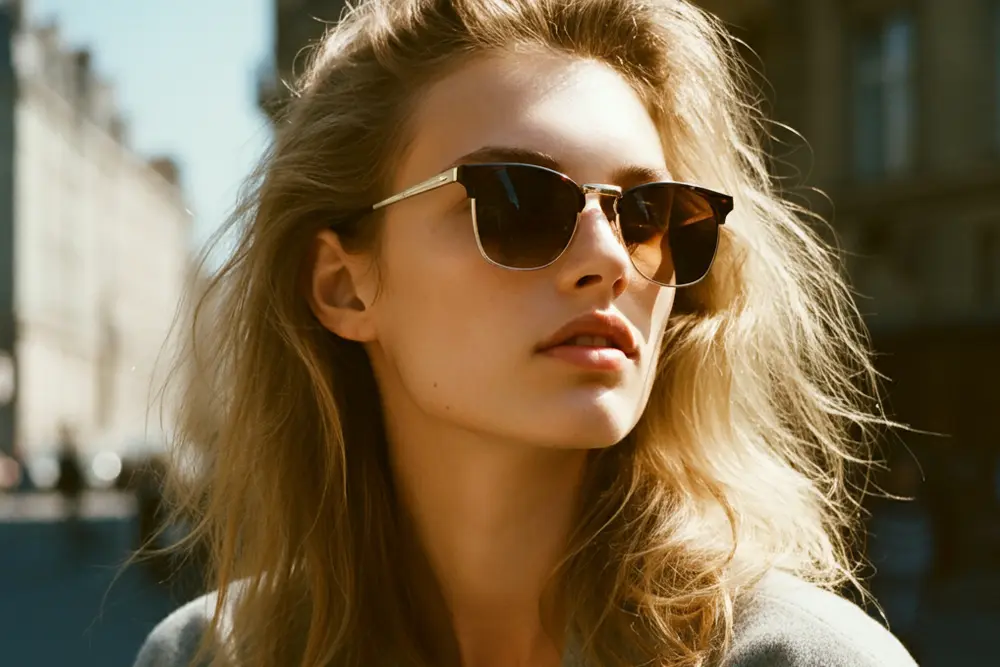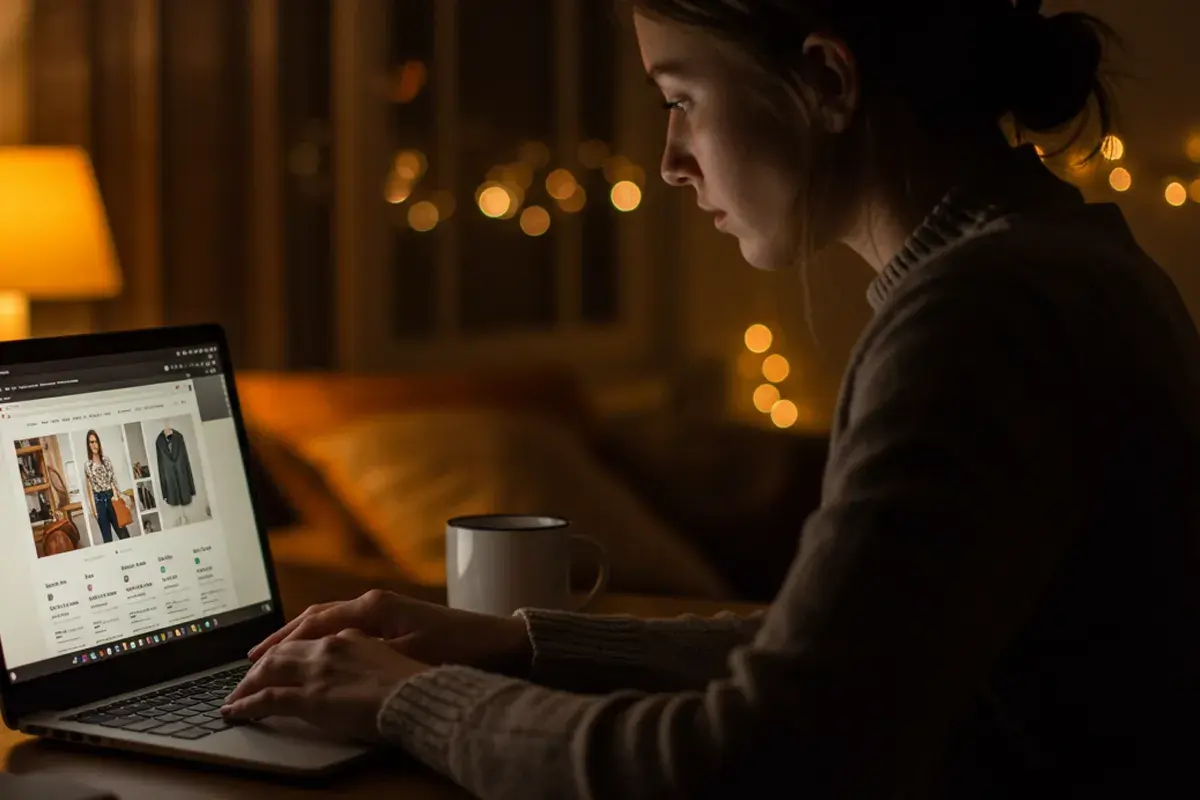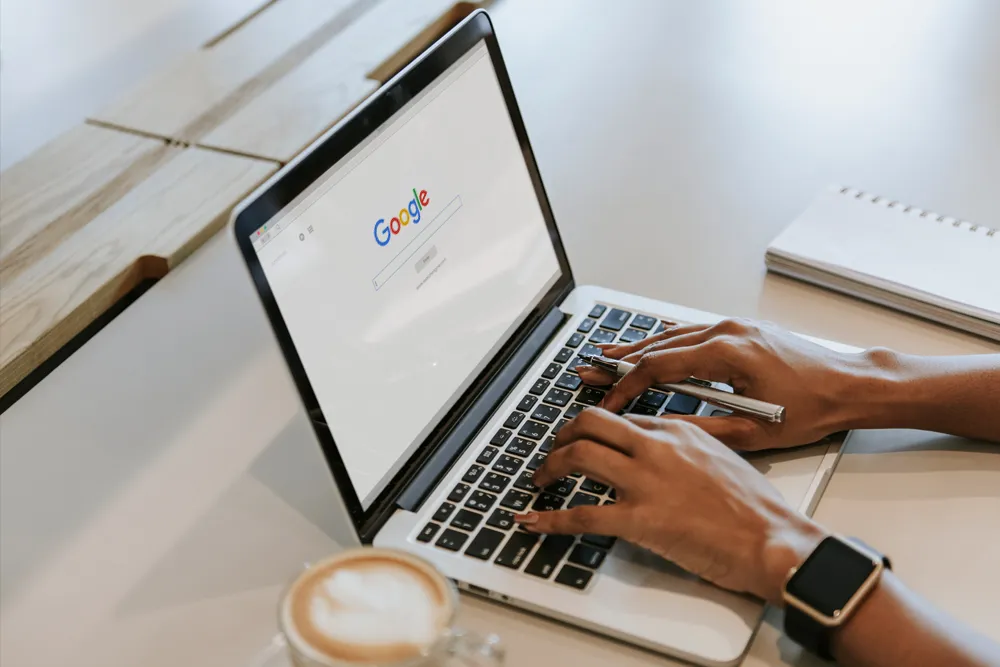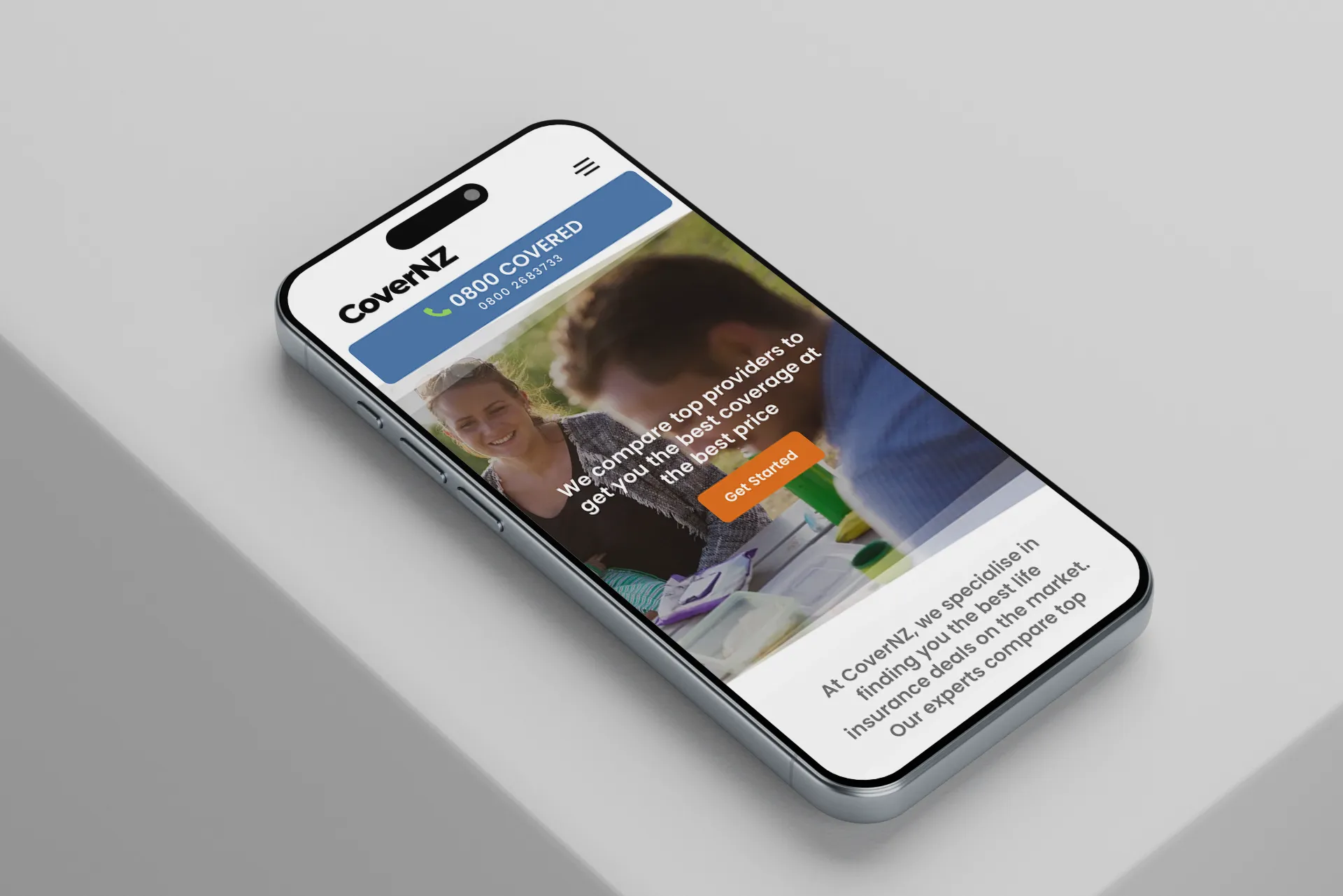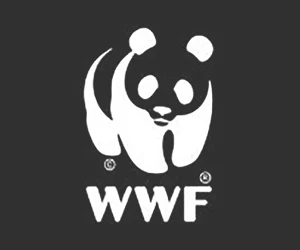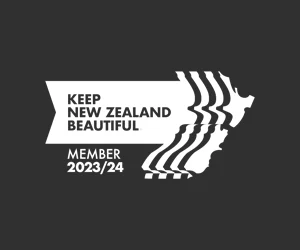Any designer, copywriter or filmmaker who doesn't believe AI will change the creative industry is dreaming
It’s no longer a question of if AI will take over the creative industry; it’s a question of when. Spoiler alert: the takeover has already begun.
Over the past two years in the creative industry, AI has evolved into a powerful tool that produces high-quality work and is now starting to be used commercially across various creative sectors. Whether in design, especially writing, music and filmmaking, AI has proven that it’s not just a participant in the creative process; it’s the new leader.
Listen to Podcast
Created by Google NotebookLM
Updated April 2025 to include new developments in AI and the creative industry
Not saying... but it has started already!
In the article, I mentioned that the creative industry will be affected by the coming AI revolution. The video below demonstrates the beginning of this upheaval. However, this part of the article is not intended to worry creatives; it is simply, like the arrival of the computer, a reminder that it’s time to start thinking about pivoting.
What others are saying
Two years ago, everyone laughed off the idea that AI could rival human creativity
They pointed to the nuances of human emotion, the spontaneity of artistic inspiration, and the deeply personal experiences that fuel creative work. But in just 24 months, those arguments have been shattered. AI models have rapidly improved, learning to mimic and enhance the subtleties that make creative work resonate with audiences.
Above is an example of how AI can be used for commercials.
AI is used in various ways in the creative industry
Model images generated in AI
Within minutes, using only ImageFX, we could create multiple images for commercial work.
Ad agencies are now leveraging AI to create campaigns that are not just effective but also emotionally engaging
The algorithms can analyse vast amounts of data to predict what will resonate with specific audiences, crafting messages that hit the mark with uncanny precision. These AI-generated ads won’t just sell products—they’ll tell stories, evoke emotions, and build brand loyalty, all with the efficiency and consistency that only a machine could deliver.
AI has proven to be a formidable writer, churning out articles, books, and even poetry
AI algorithms have learned to weave narratives, develop characters, and create immersive worlds with a level of sophistication that was once thought to be the exclusive domain of human authors.
Some publishers, including us, are now using AI to generate indistinguishable content from human-written work; now, the line between machine and human creativity is blurred.
In the film industry, the change isn’t coming. Its already here
AI is leading the charge. What once took entire teams of professionals to achieve, AI now handles with ease, from writing scripts to editing scenes with precision. We’re seeing AI generate entire movies, sometimes even creating virtual actors that could fool anyone into thinking they’re the real deal.
Producers and directors aren’t just using AI as a tool; they’re embracing it as a partner in the creative process, slashing production times and costs. There are so many examples of this today, and more appear daily. Below, we give you two examples.
A clever use of AI to bring Tolkiens’ “The Silmarillion” to life as a movie trailer. Even though this, at present, doesn’t have the quality of a Hollywood blockbuster – in the future years… you won’t know the difference.
Arguably the best AI video generator not yet released is Sora. Sora’s level of detail and movement is unbelievable.
Humans can't match AI's the efficiency
AI can work around the clock, producing constant content without needing breaks, food or sleep. It can analyse audience feedback in real time and adjust its creative output accordingly, ensuring that its content is always relevant and engaging, important in digital platforms.
AI is set to dominate the creative industry
The quality of AI-generated work has reached a point where it’s not just acceptable but indistinguishable. Whether we like it or not, the future of creativity will involve AI, and the industry will never be the same again
Written by Richard Hayes, editing and grammar assisted by ChatGPT.

